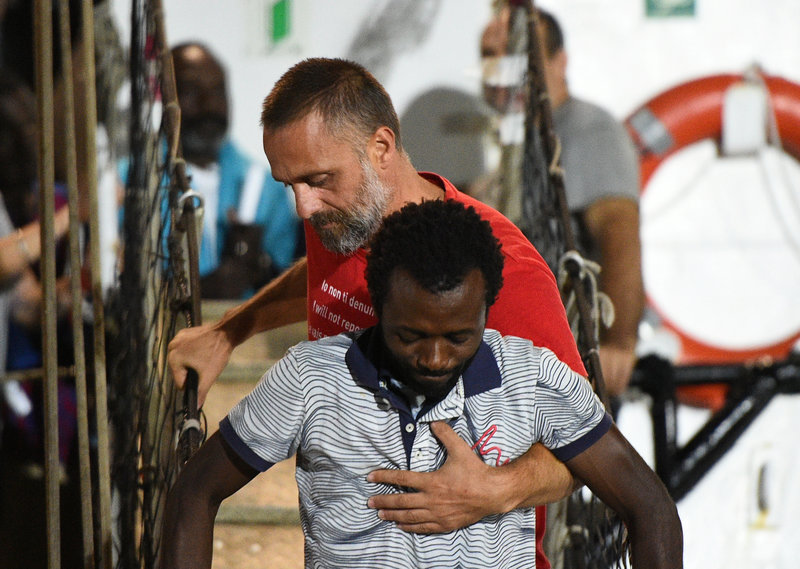THE LAST WORD
Missing the POINT
My to-do list is getting out of hand. I’ve had the same one for years, and it’s now so long I have to programme time into my day just to get through it. Sometimes I see items on that list that have been there so long (fix garage tap, make copy of patio key, email aunt Elsie…) that it seems as if I inherited it, and will pass it on to my kids when the Lord finally calls me to his side.
And yet, as with most people, my days are full, from early morning until I collapse into bed at night. Obviously, a lot of time is spent working, sleeping, eating, on the toilet (more and more these days), walking the dog, cooking, and so on, but never a day goes by when I don’t have to ring the insurance company, or go to the doctor, or visit the bank, or take the car for its service, or book flights, or pick up the kids, and a long etcetera.
Part of the reason why I never get round to dealing with many of the items on my to-do list — that darn garage tap! — is down to time management. I’m not a lazy person, and I like to at least try and keep on top of things, if for no other reason than to avoid being swamped. Yet, I feel that even if I managed to hone my ability to organise my time with laser-like accuracy, taking advantage of every single moment of the day and apportioning resources with precision efficiency, that my list would still be just as long as it is.
The issues we have to deal with every day are just about inexhaustible, but our time and resources are finite. That means the difference between whether something actually gets done or not is down to prioritising. The household runs fairly smoothly but that is down to the pressing matter of putting petrol in the car rather than fixing the garage tap, which I’ll do “tomorrow”.
So far, so obvious, and I imagine just about everyone dances to the same tune — is there another way of doing it? And yet, countries don’t seem to follow the same rules. Take the refugee crisis, for example (see pages 22 & 23). All August, the Open Arms rescue ship was denied anywhere to dock, despite being full of traumatised refugees. The story went on for weeks, with the Mediterranean countries denying responsibility and the EU sitting on its hands. Finally, even Richard Gere had to get involved, and the ship was finally allowed to disembark its human cargo in Lampedusa. The Open Arms saga is just one of many similar situations that together make up one of the most important crises facing Europe, and yet no one is prioritising it and it remains at the bottom of the to-do list.
This seems to be true of just about all the most important issues facing us today. Experts warn that we have about three weeks until we sink below the waves and yet it’s hardly a priority. We could end most road deaths tomorrow if we limited the capacity of car engines. Poverty could be wiped out in short order if we got rid of nuclear weapons and used the money to create jobs. Why doesn’t every roof in Catalonia have a solar panel? How many old ladies will die of cold this winter for a lack of heating? And so on.
Now we are in September ,the news cycle is grinding back into action, and we can look forward to headlines about the most important issues of the day. However, you just know that the issues that will be given most priority will be the equivalent of the garage tap while the mortgage is unpaid, the Earth burns and old ladies start dropping like flies.

